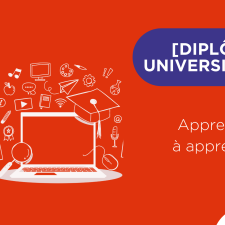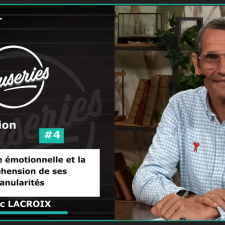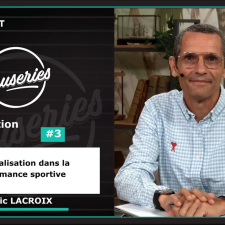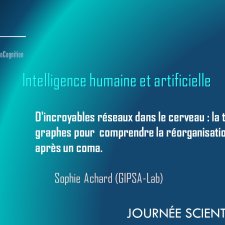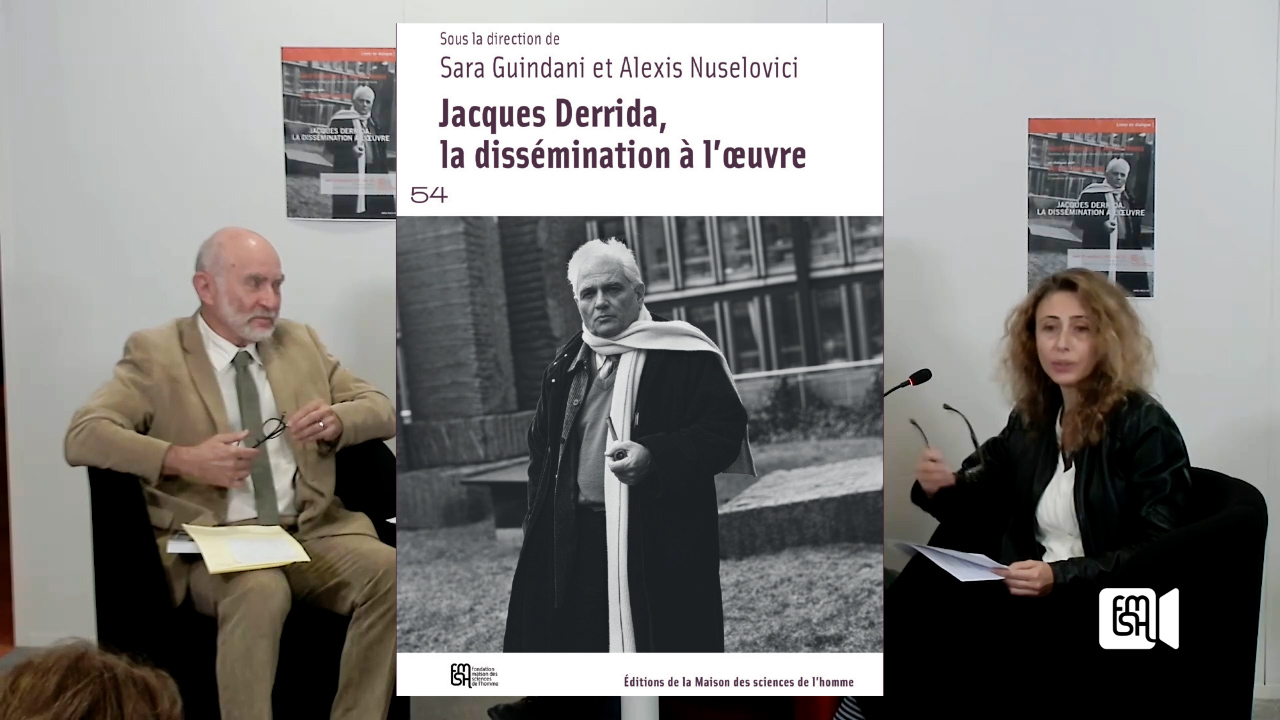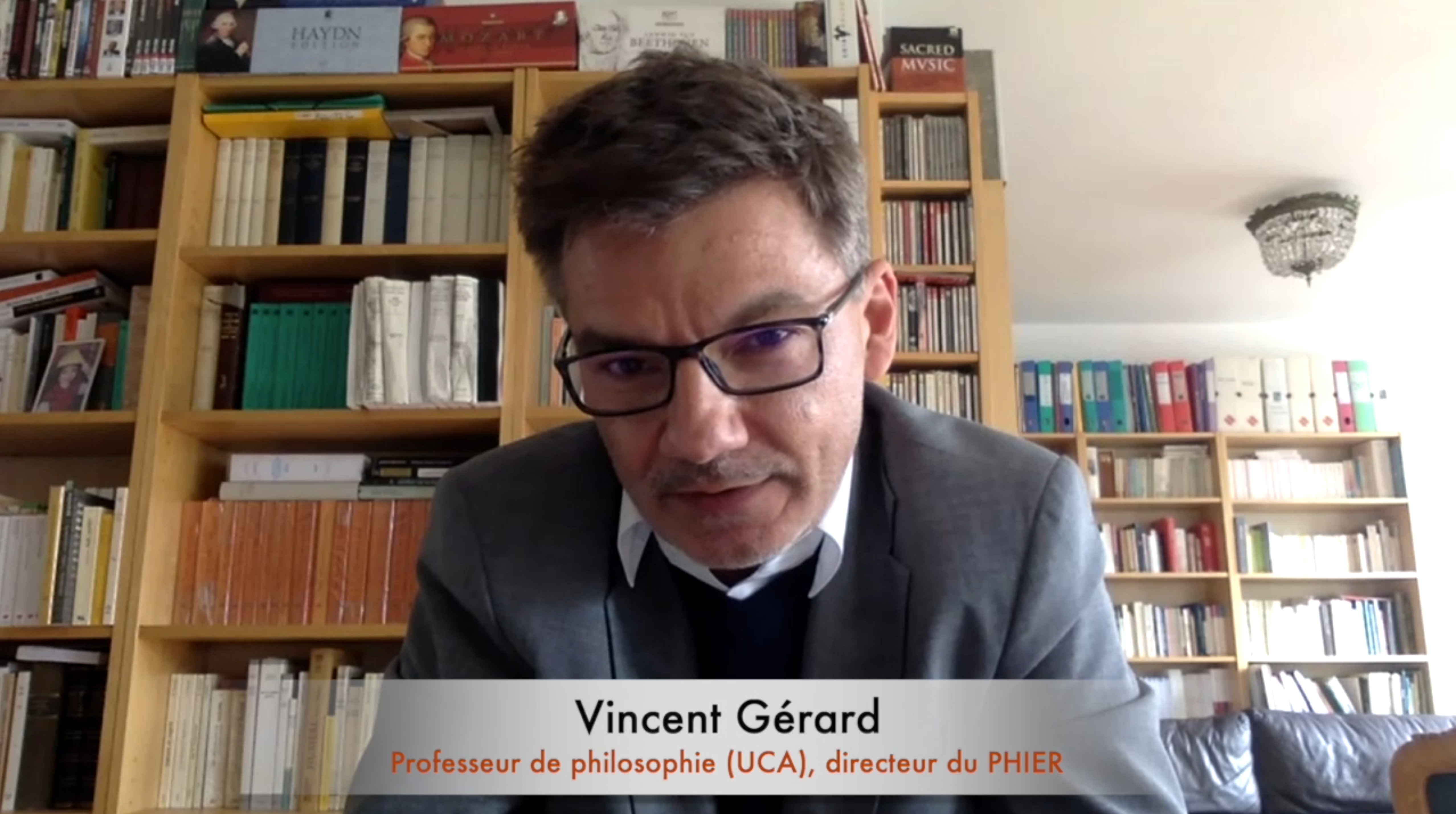Notice
Lecture 3: The Model in Action: Social Learning and Its Transformation
- document 1 document 2 document 3
- niveau 1 niveau 2 niveau 3
Descriptif
Social learning is not unique to our species; we do not differ from other primates through being able to learn from our fellows. But social learning takes a unique form in our species: we can accumulate cognitive capital. Human groups (and perhaps individual humans) inherit informational resources from the previous generation, preserve those resources effectively, sometimes add to them, and transmit them accurately to the next generation. This accumulation of cognitive resources is (i) unique; (ii) is central to the explanation of the adaptation of individual and groups to their environment (as Pete Richerson and Bob Boyd have often stressed); (iii) is central to the geographic, demographic and ecological expansion of our species; (iv) confronts human minds with novel problems of information management, both of bandwidth and of content. There has been a lively debate within the human evolution community on both the paleoanthropological signature of this novel form of culture (“behavioural modernity”, as it is sometimes called) and about the specific key innovation that makes it possible. I defend the idea that the accumulation of cognitive capital is central to human evolution. But I draw upon the model developed in session 1 to argue against a “key adaptation” model of the establishment of this engine of accumulation. Instead, I argue that the origin of accumulation depended on the construction and stabilisation of social and learning environments of the right kind. Behavioural modernity depends on an innovation in epistemic engineering, not a genetic transformation.
Dans la même collection
-
Lecture 4: The Model in Action: Revisiting The Problem of Co-Operation
SterelnyKimThis session is about the distinctive feedback loops that drove our evolutionary trajectory, and in particular, about the role of co-operation in human evolution. An important theme is that the
-
Lecture 2: The Model in Action: Against Moral Nativism
SterelnyKimLanguage, complex tool-use, extensive co-operation between non-relatives; religion and ritual are all distinctive features of the human mind. They seem to be found in no other living primate, and they
Avec les mêmes intervenants et intervenantes
-
Lecture 4: The Model in Action: Revisiting The Problem of Co-Operation
SterelnyKimThis session is about the distinctive feedback loops that drove our evolutionary trajectory, and in particular, about the role of co-operation in human evolution. An important theme is that the
-
Lecture 2: The Model in Action: Against Moral Nativism
SterelnyKimLanguage, complex tool-use, extensive co-operation between non-relatives; religion and ritual are all distinctive features of the human mind. They seem to be found in no other living primate, and they
Sur le même thème
-
Diplôme Universitaire - Apprendre à apprendre
Présentation de la formation
-
L'exploration mentale #4 – Intelligence émotionnelle et la compréhension de ses granularités
LacroixÉricPorlierChristopheL'exploration mentale #4 – Intelligence émotionnelle et compréhension de ses granularités
-
L'exploration mentale #3 – La visualisation dans la performance sportive
LacroixÉricPorlierChristopheL'exploration mentale #3 – La visualisation dans la performance sportive
-
The coldness of the stone and the lightness of the bird: a memorial garden for the victims of Novem…
AccarainMadeleineTalk by Madeleine ACCARAIN (Wagon Landscaping, Paris), as part of the workshop "Memory, Place, and Material Culture", organized by John SUTTON, 2022-2023 research fellow at the Paris IAS, Emeritus
-
mark edmonds, building and belonging: architecture and memory in neolithic orkney
EdmondsMark R.SuttonJohnTalk by Mark EDMONDS, (Archeologie, York), in the context of the workshop "Memory, Place, and Material Culture", organized by John SUTTON, 2022-2023 research fellow at the Paris IAS, Emeritus
-
La théorie des graphes pour comprendre la réorganisation cérébrale après un coma.
AchardSophieLa théorie des graphes pour comprendre la réorganisation cérébrale après un coma.
-
SOIRÉE DE PRÉSENTATION DE L'OUVRAGE "JACQUES DERRIDA, LA DISSÉMINATION A L’ŒUVRE"
BourmeauSylvainGuindaniSaraNuseloviciAlexisÀ l'occasion de la parution de l'ouvrage Jacques Derrida, la dissémination à l'œuvre dans la collection "54", les Éditions de la Maison des sciences de l'homme organisent une soirée de
-
Comment s’orienter dans la crise ?
Proposée et organisée par la Maison des Sciences de l'Homme de Clermont-Ferrand et le PHIER, laboratoire Philosophies et Rationalités, cette web conférence, ouverte à toutes et à tous, s’est tenue le
-
Topological insights in neuroscience
Hess BellwaldKathrynOver the past decade, and particularly over the past five years, research at the interface of topology and neuroscience has grown remarkably fast. Topology has, for example, been successfully applied
-
Le Libéralisme dans tous ses États : Histoire de la pensée
le Libéralisme dans tous ses Etats- Histoire de la pensée
-
Penser et agir avec la nature
Les études s'intéressant à l'impact de l'activité humaine sur la nature se multiplient depuis les années 60. Aujourd'hui, l'intérêt du public pour la question écologique est massif et les
-
Pourquoi philosopher sur le végétal ?
La place occupée par le végétal dans la pensée contemporaine n'a cessé de progresser ces dernières années. Les enseignements qui en découlent nous inviteraient à reconsidérer des notions telles



